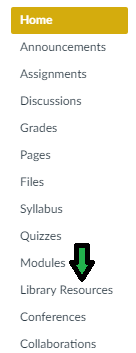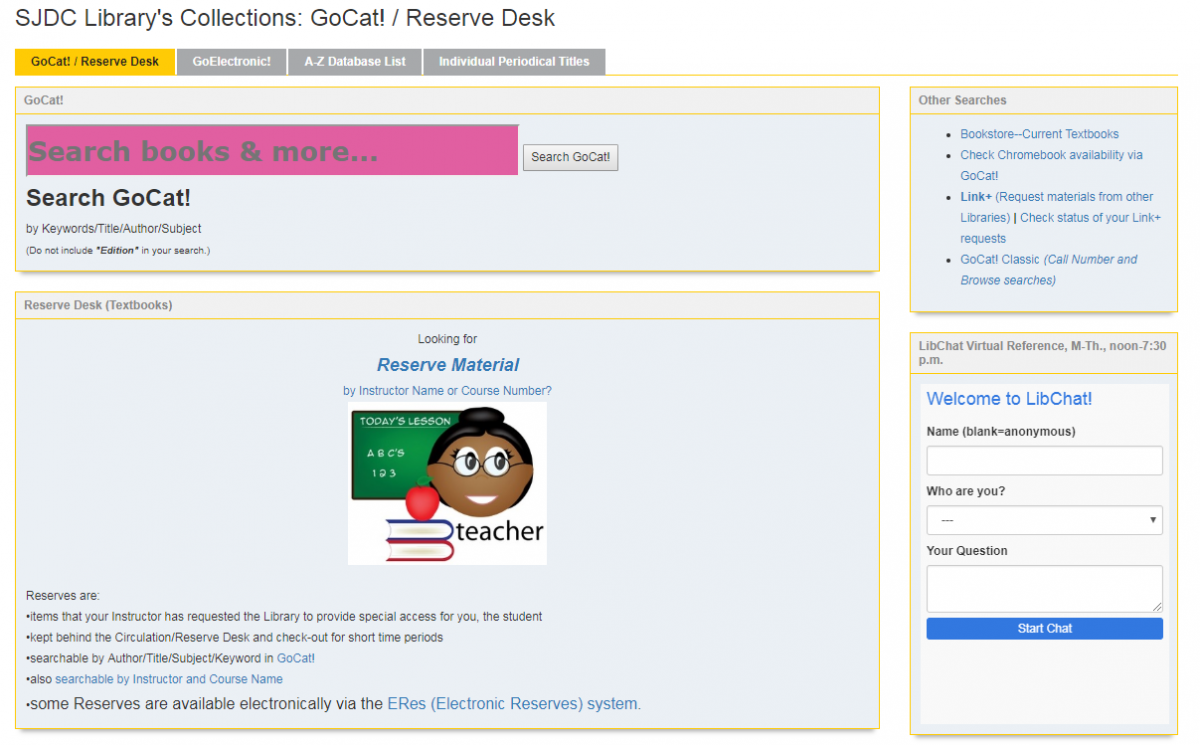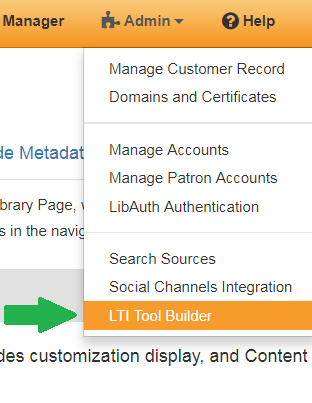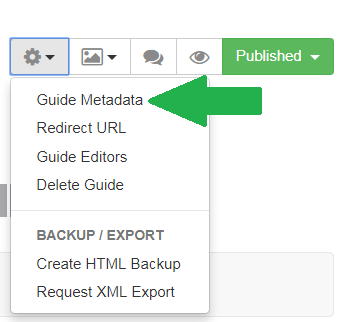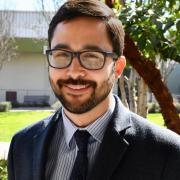By Doug Achterman, CCL President
LSP Project Kickoff: Redesigning the Plane While It’s Flying
February 1st marked the kickoff of the Library Services Platform project, with representatives from 106 (of 110) colleges beginning the journey of migration and implementation to a shared system. There is a long list of people to thank for their work to bring the project to this point, but I want to acknowledge the panelists from vanguard colleges who shared experiences from their work—beginning in late August 2018—in doing a “dry run” of the process. Panelists included:
- Monica Doman (Cypress)
- Jeffrey Sabol (Long Beach)
- Lauren Saslow (Pierce)
- Paul Szponar (Foothill)
- Mary Wahl (Pasadena)
Santa Rosa librarian and Governance Committee Co-chair Eve Miller moderated the discussion and, as a vanguard participant, provided her own insights as well.
The power of the panel presentation was to help librarians from throughout the system hear about benefits that have already begun to be realized, about challenges in doing this work, and in the suggestions offered for even greater success in migration and implementation.
If you have questions or concerns about LSP, start by reviewing the updates on the CCL site, https://cclibrarians.org/news/library-services-platform. There is active support provided through the Canvas shell, governance work groups, and the CCC Technology Center, including Project Manager Amy Beadle, Project Director Amy Carbonaro, and the three LSP consultants, CSU librarians Ian Chan and Moon Kim and community college librarian Aleah Kropholler. Not sure where to go for questions? Contact Amy Beadle, abeadle@ccctechcenter.org, or me, dachterman@gavilan.edu, and we’ll route your questions to the right person.
Of course, we’re doing all this work while our plane is still flying. We have classes to teach, orientations to lead, collection development to accomplish, workshops to lead, reference interviews to conduct. And swirling around us are major changes in the way community colleges are doing business—changes that require librarians to actively participate—envisioning purpose and roles that best leverage library resources, instruction, and services toward greater student success.
I’d like to hear from you about what your library program is doing in response to:
Guided Pathways
Last year, CCL held North and South workshops in exploring librarians’ roles in Guided Pathways. At my college, librarians are participating in the creation of metamajors, including doing thinking around introductory classes that provide an information literacy component. We are looking for ways to more closely connect to career exploration as it is incorporated into our Guided Pathways efforts. We’re also connected to an academic support group that is looking at ways to both integrate and scale academic support. How is the library connected to other academic support on your campus? How is the library supporting Guided Pathways efforts on your campus?
AB705
As more and more students take transfer-level English, requests for library faculty support continues to grow. To the extent possible with existing staffing, our library is providing embedded librarian support for transfer-level English and developing online support modules for key information literacy skill-building. How is your library supporting students under AB705?
“Student Centered” Funding Formula
The new funding formula creates pressure on colleges to move students through the system more efficiently and purposefully, with certificates, transfers, and degrees more strongly weighted in funding allocations. What work is your library doing to promote libraries as integral to such successes and to document the relationship between library support and student achievement?
Student Equity and Achievement Program (SEAP)
As SSSP, Equity, and Basic Skills funding gets rolled into a single entity called SEAP, how are libraries gaining a seat at the SEAP table, and how are they advocating for use of SEAP funding to support library initiatives?
Online Education Initiative (OEI)
The new LSP is clearly a new tool that will support OEI efforts. As the course exchange expands its reach, how do we expand our libraries’ online presence both locally and collectively? How can we leverage the values articulated in the OEI course rubric to promote more use of library resources and library support in online courses? What language can we use to help community college stakeholders understand that libraries promote the equity values OEI supports?
Open Education Resources (OER)
Is your library growing its OER services? Is library faculty integrated into the development of new courses that leverage free or low-cost student resources or textbooks? What infrastructure are you putting in place to support ongoing OER efforts on your campus?
Accreditation
What has been your experience with the new accreditation process? What recommendations do you have for other library faculty and staff who are engaging in this process? What recommendations do you have for ACCJC to make the process more relevant and valuable for libraries?
If you have something to share on one of the above topics, how about posting it to the CCL listserv, https://groups.google.com/a/cclccc.org/forum/#!forum/cclibrarians-all? Let’s keep the conversation going!
Deans and Directors Meeting March 21-22
At the Deans and Directors meeting March 21-22, Michael Quiaoit, Dean, Student Services & Special Programs at the Chancellor’s Office, will be the keynote speaker for our meeting on the topic of managing change. I look forward to thinking about this with the heads of library programs from across the state as we move into what promises to be a very busy next twelve months.
I’d like to emphasize that the Council of Chief Librarians has been working hard to implement the smoothest possible migration to the Ex Libris platform. For every challenge, we are working on solutions to best support librarians through the process. At the same time, we are keeping our eye on other major initiatives and shifting priorities at the state level. The exceptional talent and dedication of community college librarians across the state is our greatest asset. Thank you for all your good work!



